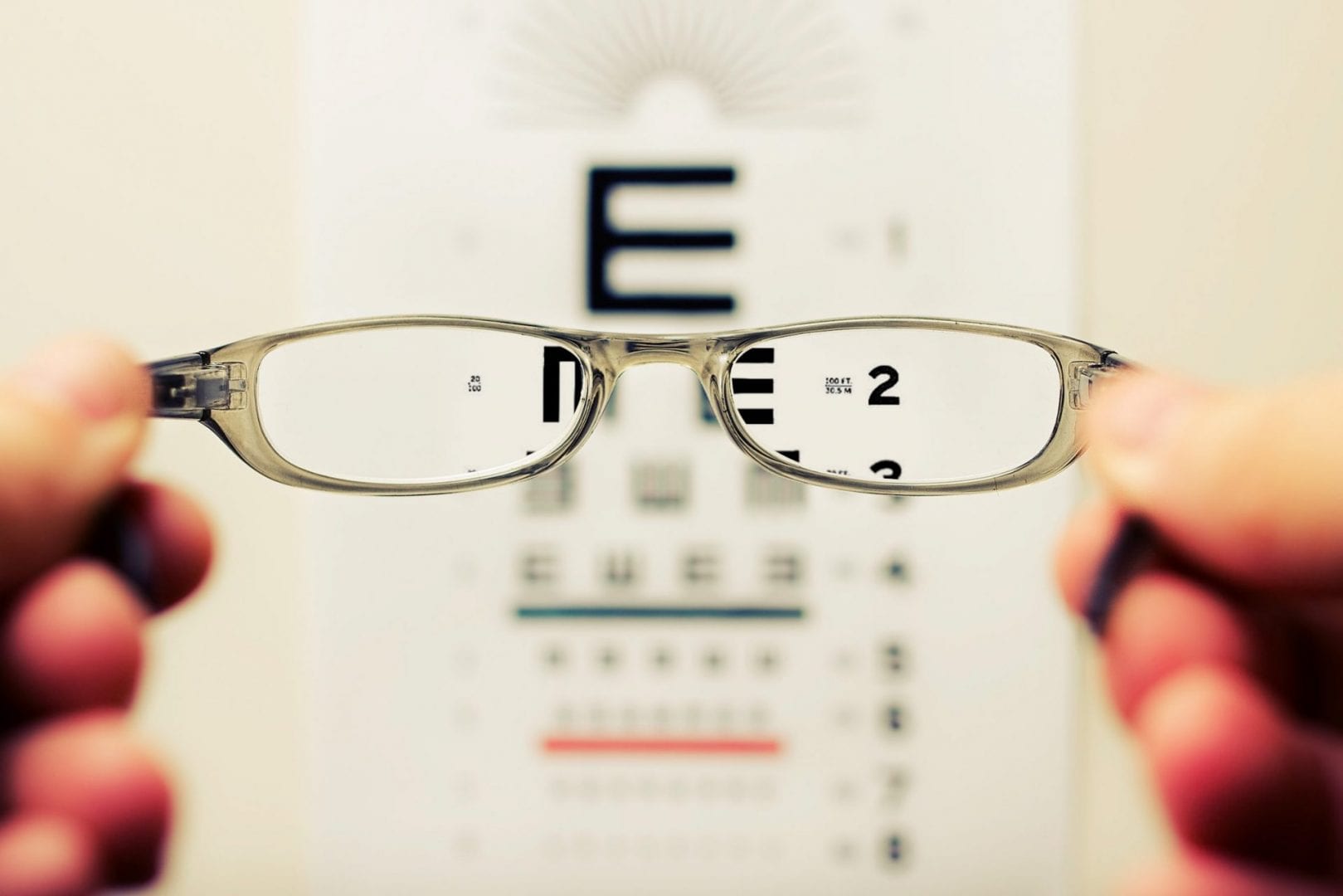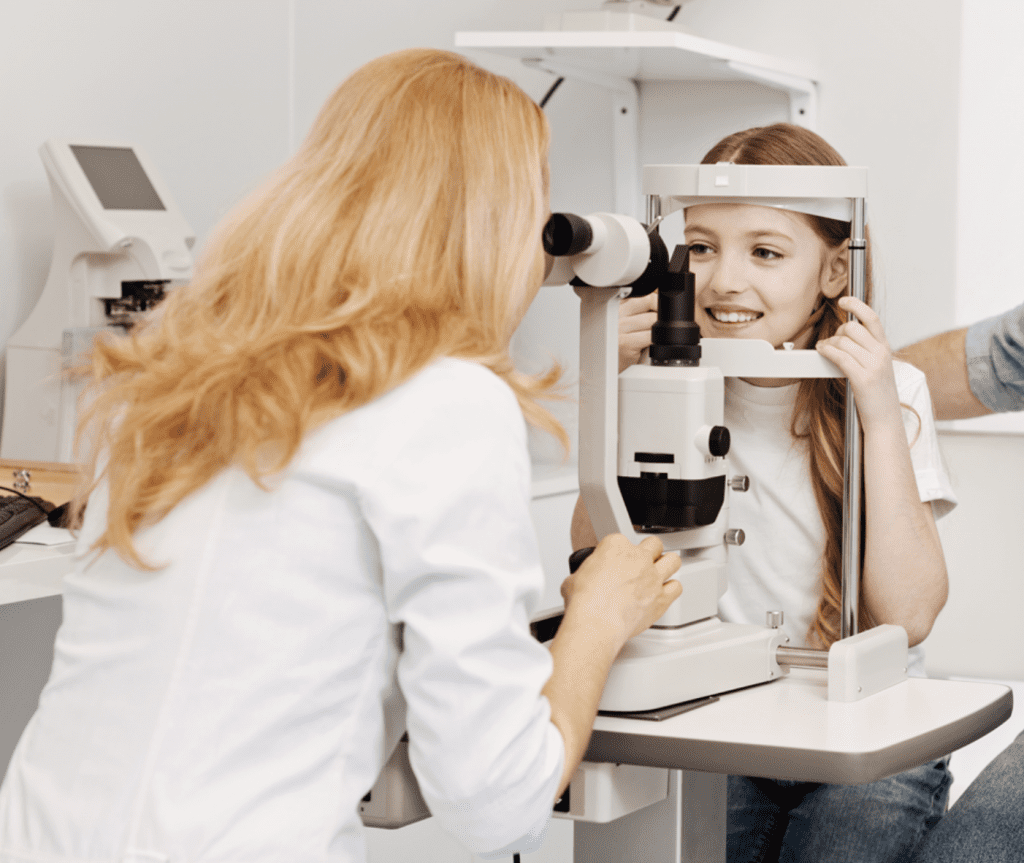
03 Sep What to expect when you come to Opticalrooms for an appointment.
Worried about attending an eye test during the Covid-19 Pandemic? Don´t worry, here is what we are doing to ensure your safety and protection!
We want to show you that we care about more than just your eyes!
People have expressed concerns about visiting their optician for a routine eye exam or for an urgent need. Rest assured, at OpticalRooms we have worked on setting up new standard operating procedures where, like all medical professionals, we follow strict hygiene and disinfection guidelines to keep you safe.
We are conducting in-person appointments, but during the lockdown we introduced a completely new Remote Triage procedure where we have the ability to assess high resolution images of the eye taken on your mobile phone. We have decided to continue to offer this service going forward. Please remember, our opticians are always available for any eye emergencies.
For in-person appointments, staff will take several precautions to protect your health. Let´s have a look at the new procedures.
Your Personal Responsibility
- You must wear a mask to your appointment
- Please arrive as close to the appointment time as possible. This is to protect you, other patients, and the reception staff and helps maintain a more sterile, clean environment. A point worth noting – our waiting area is completely separate from the doctor´s public waiting area in the Meridian Clinic, you will not overlap with patients other than OpticalRooms patients
- If possible, come alone. If you do not need someone to be there with you for the actual appointment, please do not bring them to the practice with you. An exception will be made for those who require a caregiver or a guardian to attend the appointment with them
- If you have a cough, fever, or sore throat, or have been in contact with someone who has these symptoms, we request that you reschedule your appointment for a later date, if your visit is not an emergency
- Each patient will be contacted for triage prior to attending their appointment
- As per previous guidelines, all eye exams, collections, repairs etc must be booked in advance
Before You Enter
- Your temperature may be checked on entry to the practice
- If you arrive sick, we may ask you to return home. If it is an emergency, the staff will assess the situation and may wear additional protective equipment
Our Staffs’ Responsibility
- All staff have completed handwashing and correct use of PPE training
- Our opticians will be wearing a protective mask
- All staff will be wearing protective clothing
- Goggles will be worn at <2 metre distance
- Gloves may be worn where the optician sees fit to do so
- For frame repair, similar distancing protocol will be adhered to. Frame to be disinfected before and after adjusting/repair. Patient may be asked to return for collection at a later time
The Eye Test
- You will be asked to use hand sanitizer or wash your hands prior to sitting down
- In every area of life, limiting close physical contact is essential to help reduce the spread of the coronavirus. This is difficult to achieve during an eye exam, but we have reduced the close contact of less than 2m distance to the minimum possible (15 minutes maximum) while continuing to offer you a full service
- If you need to cough or sneeze during your exam, move away from the equipment, bury your face in your elbow or cover your face with a tissue. Wash your hands with soap and water straight away
- Where possible, we request that our patients wait to talk with us and ask questions when they can be a safe distance from our us
- Floor markings for social distancing are in place in the test area and dispensing area
- If you need glasses, your frame selection experience might be somewhat different than before. Frames that you try on will be disinfected prior to returning them to the frame display to ensure the safety and comfort of all our patients. Please hand any frames you try on to the optician and do not return them to the display.
- We would request contactless payment, where possible e.g. PayPal, SumUp. If the pin-pad is used with a credit card, it will be disinfected after use in preparation for the next patient
- All surfaces, instruments, handles etc will be thoroughly cleaned with appropriate wipes and/or spray after each patient
Call us immediately if you require emergency assistance in the following situations
- You have macular degeneration or diabetic retinopathy and get regular eye injections
- You notice changes in your vision (like blurry, wavy, or blank spots in your field of vision)
- You have an eye injury, even if it seems minor
- You notice new floaters or flashes in your vision
- You suddenly lose some vision
- You have a red eye or eye pain, especially if associated with headache, nausea, or vomiting
How the coronavirus can affect your eyes
Corona virus can spread through the eyes, nose, and mouth. When an infected person coughs, sneezes, or talks, virus particles are dispersed in the air and onto your face. You may breathe these particles in through your mouth or nose, but they may also enter through your eyes. You may also become infected by touching your eyes after touching something with the virus on it.
Occasionally coronavirus can cause a pink eye infection known as conjunctivitis, but this is extremely rare. If you have these symptoms, don´t panic! Contact us and we will assess the situation and give you instructions for care. Regardless of whether the pink eye is caused by a virus or bacteria, it can spread when the sticky or runny discharge from the eyes is touched, or when someone touches items contaminated by the discharge. Wash hands frequently and don´t share towels, cups, or utensils with others.
Protecting your eyes and health during Covid-19
Guarding yourself can slow the spread of coronavirus. Common sense precautions can drastically reduce your risk of getting infected. Wash your hands regularly, follow good contact lens hygiene and avoid touching or rubbing your facial area.
- Consider switching from contact lenses to glasses for a while
There´s no evidence that wear contact lenses increases your risk of coronavirus infection. However, contact lens wearers tend to touch their eyes more often than the average person. Substituting glasses for lenses can force you to pause before you touch your eyes.
- Wearing glasses may add a layer of protection
Glasses or sunglasses can shield your eye from infected respiratory droplets, but they don´t provide 100% security as they are exposed at the sides, top and bottom. If you are interacting with a potentially exposed person, safety goggles may offer a stronger defence.
- Stock up on eye medicine prescriptions or treatments, if possible
With a constant possibility of another quarantine looming, supplies my become limited or difficult to source. If possible, ensure that you have an ample supply of what you need rather than waiting until last minute to contact us.
- Avoid rubbing your eyes
This is obvious, but still worth repeating! It´s a habit that is hard to break, but it could lower your risk of infection. If you really need to rub or itch your eye, or to adjust your glasses, use a tissue instead of your fingers! Dry eyes can lead to further rubbing so consider including moisturising drops to your daily eye routine. Before touching your eyes, wash your hands thoroughly with soap and water for at least 20 seconds. Then repeat again after touching your eyes.
